


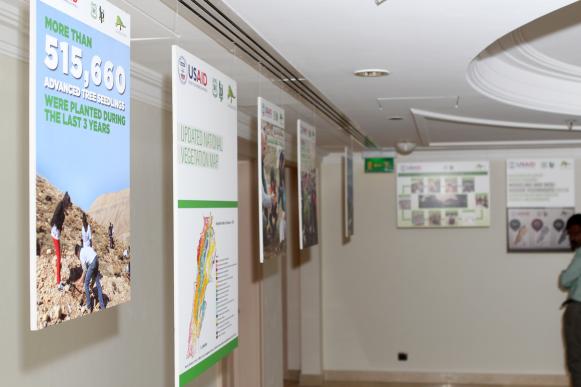
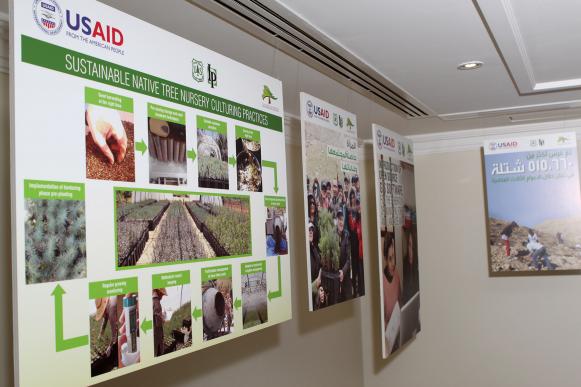
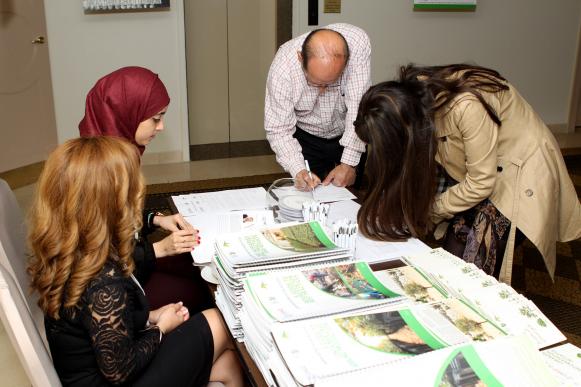
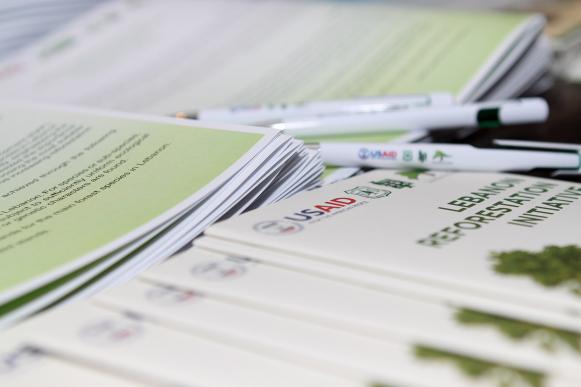
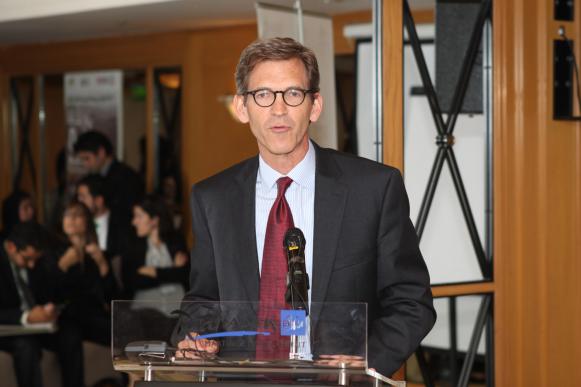
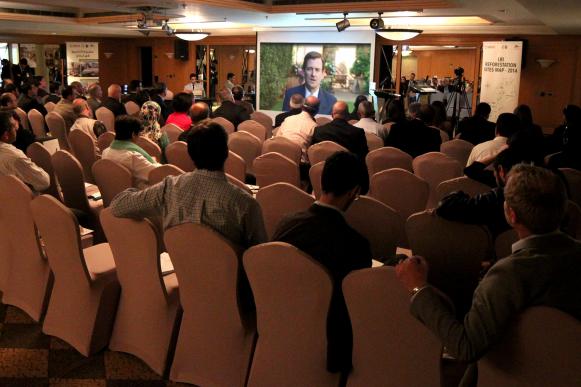
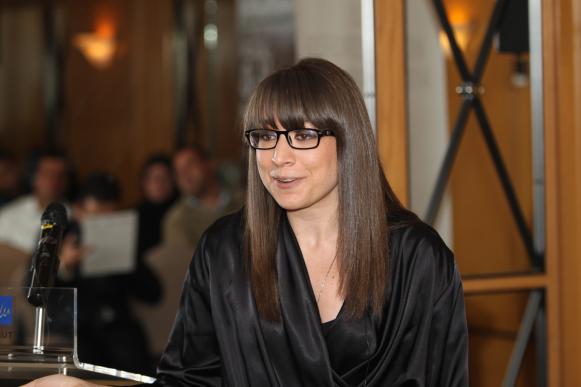
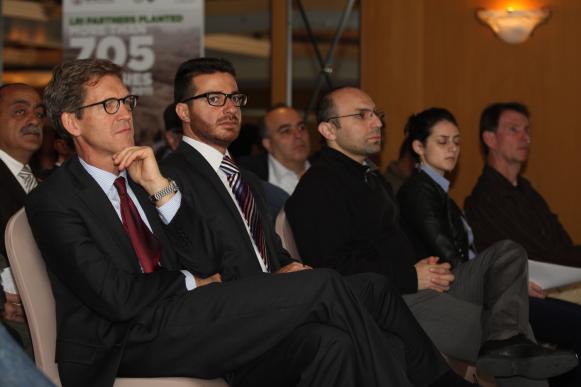
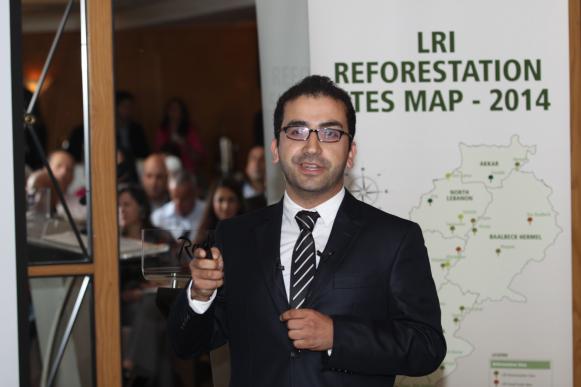
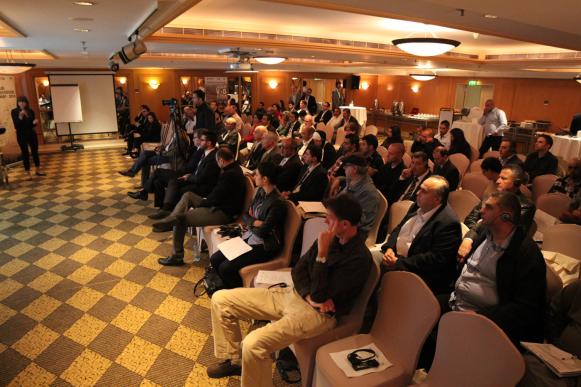
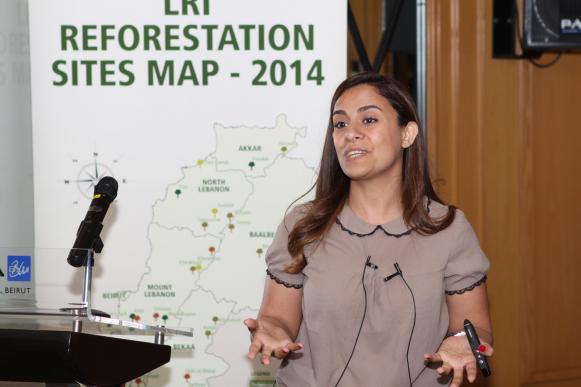
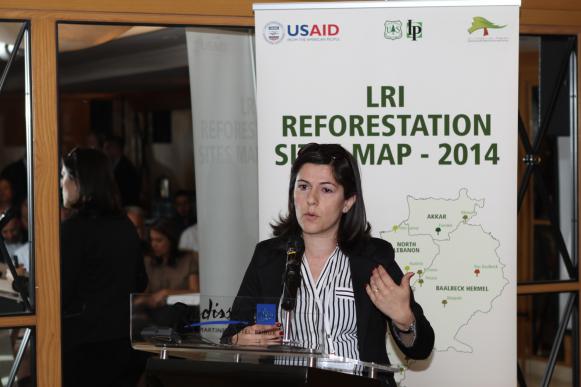
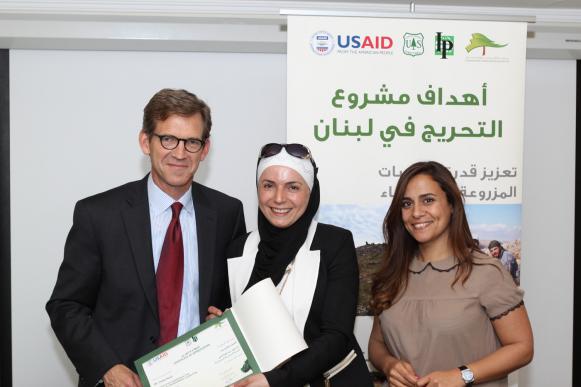
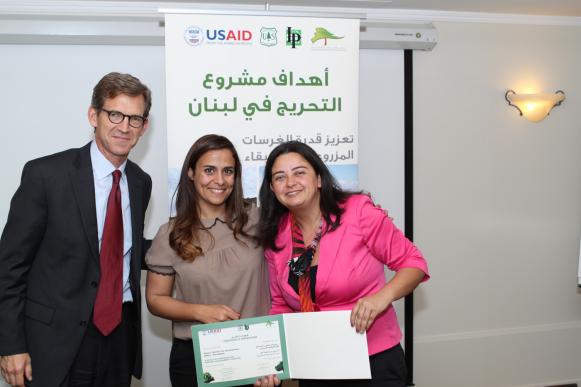
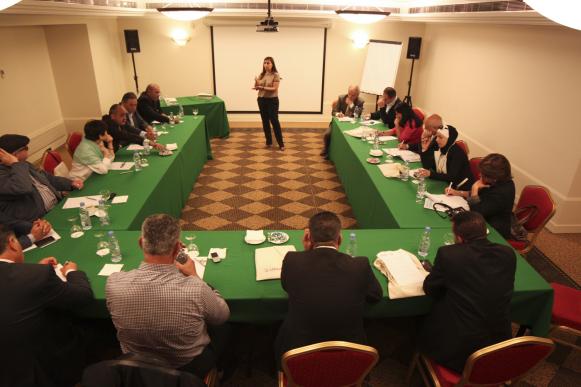
More than 100 reforestation practitioners from the public and private sectors gathered at the “Sharing Reforestation Best Practice for Lebanon’s Future” event, held on April 12 at the Radisson Blue Martinez Hotel in Beirut.
The conference was organized by the Lebanon Reforestation Initiative (LRI), a four-year project funded by United States Agency for International Development (USAID) and implemented by United States Forest Service (USFS) as a part of USAID’s economic and environmental programs geared to develop local communities and preserve Lebanon’s natural resources.
The day started with U. S. Ambassador David Hale’s recorded welcome message that highlighted the importance of pursuing and building on the reforestation efforts supported by the United States Government through the full engagement of local communities, non-government organizations, and municipalities
During the conference, LRI’s local and international experts shared tree nursery, reforestation, wildfire, and community engagement best practices introduced through the project in partnership with forest practitioners, municipalities, local groups, and NGOs. The adopted best practices, based on scientific methods and coupled with a community engagement approach, resulted in forests protected and supported by the community that have already exhibited higher survival rates of native seedlings after planting, thereby enhancing restoration efforts in Lebanon.
The reforestation best practice protocols and tools allow for well-planned and managed reforestation activities on a national level working from the ground-up: the quality of native tree seedling production has increased; newly planted trees have higher survival rates; communities are equipped to intervene to protect their forests from fire; and municipalities and local communities lead the reforestation mission, ensuring the sustainability of their forests.